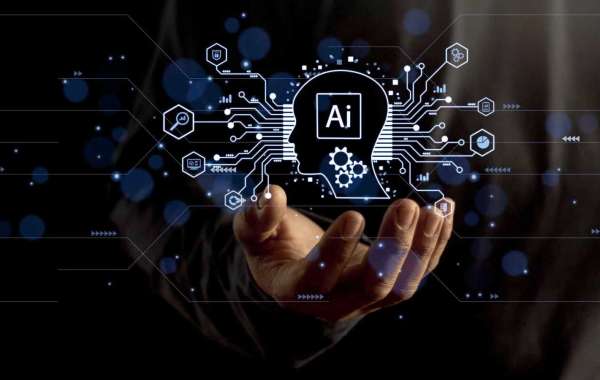The realms of artificial intelligence and innovation are expanding at an unprecedented pace today. This gives rise to a paramount question: How can we ensure that AI is developed and utilized responsibly? As organizations embrace the transformative power of AI, there is an urgent need for ethical considerations to guide decision-making at the highest levels. This imperative is particularly crucial for C-level executives, who bear the responsibility of steering their companies toward a future where AI is not only powerful and efficient but also ethical and accountable.
Enter the era of generative AI—an era marked by advanced machine learning models, such as the remarkable GPT-3.5. As these models continue to push the boundaries of AI capabilities, we must grapple with the moral implications they bring forth. The ability to generate human-like text, engage in conversation, and perform creative tasks with minimal human intervention raises profound questions about the ethical boundaries of AI applications.
Ethical Challenges in Generative AI
In the realm of generative AI, executives must confront a myriad of ethical challenges that can have far-reaching implications. Let us delve deeper into these pressing concerns:
Potential biases and discrimination: Generative AI systems learn from vast amounts of data, which can inadvertently perpetuate biases present in the training data. Tech leaders need to ensure that the development and deployment of AI technologies are guided by fairness and equity. They must implement measures to identify and mitigate biases, promoting diversity in datasets and adopting algorithmic transparency to foster accountability.
Privacy and data protection concerns: The unprecedented collection and utilization of personal data in generative AI raise significant privacy and data protection issues. Executives must prioritize robust data governance practices, ensuring compliance with relevant regulations, and implementing privacy-enhancing technologies. Transparency and informed consent become paramount in maintaining public trust and safeguarding individuals’ rights.
Manipulation and misinformation risks: Generative AI can be harnessed to create and disseminate highly realistic content, blurring the line between reality and fabrication. Business leaders must be vigilant in guarding against the malicious use of AI-generated content, working alongside technology experts, policymakers, and industry peers to develop standards and countermeasures that combat manipulation and misinformation effectively.
Impact on employment and society: The widespread adoption of generative AI may lead to significant disruptions in the workforce, potentially displacing certain job roles. Executives must prioritize the ethical and responsible deployment of AI technologies, fostering a culture of re-skilling and up-skilling to mitigate negative social impacts. Collaboration with governments, educational institutions, and other stakeholders is crucial to navigate this transformative shift and ensure a just transition for workers.
To Know More, Visit @ https://ai-techpark.com/navigating-ethics-in-the-era-of-generative-ai/
Related Article








